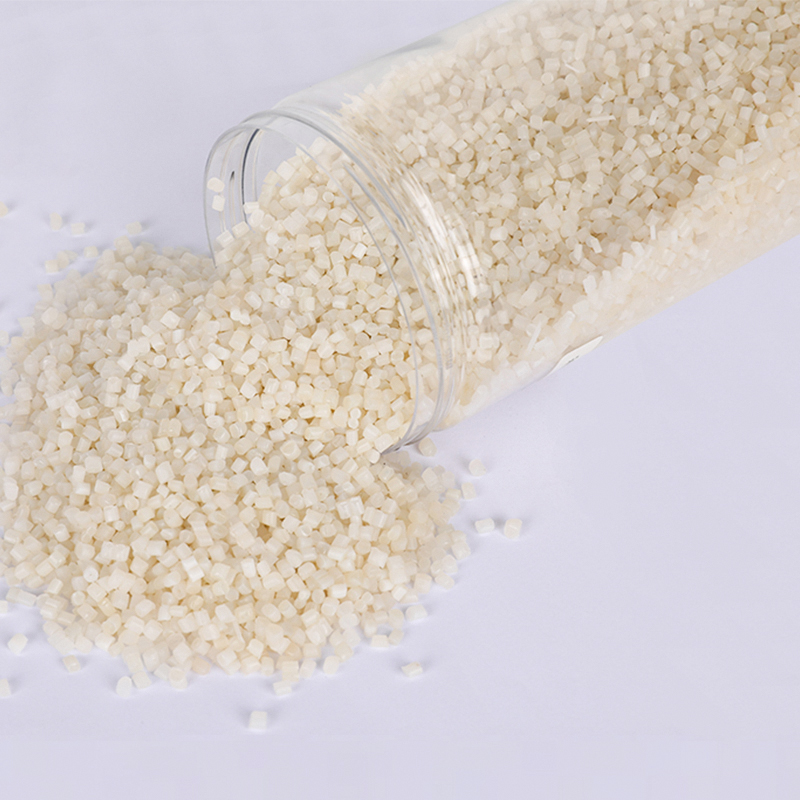Stay up to date with our recent products
Web Menu
Product Search
Exit Menu
Advancing the Efficiency of Polyamide Recycling: Technical Innovations and Solutions
Improving the efficiency of polyamide recycling is crucial for enhancing the sustainability of this widely used material. Recycled Polyamide Raw Material, commonly known in its nylon form, is a versatile polymer found in countless products, from textiles to automotive components. As environmental concerns grow, the emphasis on recycling polyamide has intensified, yet several technical challenges must be addressed to optimize the process.
The core of enhancing polyamide recycling lies in refining the methods used to process and reconstitute this material. Current recycling techniques typically involve collecting polyamide waste, sorting it, and then breaking it down into its original polymer form through chemical or mechanical means. However, the efficiency of these processes can be hampered by various factors. For instance, the presence of contaminants and mixed polymers in waste streams can degrade the quality of recycled polyamide. Improving sorting technologies and employing advanced separation techniques can help address these issues. Automated sorting systems, for example, can use spectroscopy and other advanced methods to more accurately identify and separate polyamide from other materials, leading to higher purity and better-quality recycled products.
Another technical challenge is the degradation of polyamide during recycling. Repeated melting and processing can weaken the polymer's structure, resulting in a lower-performance material. To mitigate this, researchers are exploring ways to enhance the polymer's stability during recycling. Innovations in chemical recycling methods, such as depolymerization, offer promising solutions. Chemical recycling breaks down polyamide into its monomers, which can then be repolymerized into high-quality material, essentially resetting the polymer's lifecycle. This method can help maintain or even improve the material's properties compared to traditional mechanical recycling.

Furthermore, the development of more efficient recycling catalysts and processes can also play a significant role. For example, the use of advanced catalysts in chemical recycling can reduce the energy required and improve the yield of recovered monomers. Enhancing these catalysts to work effectively with polyamide could make the recycling process more cost-effective and sustainable.
Additionally, the integration of recycled polyamide into new products presents its own set of challenges. Ensuring that recycled polyamide meets the stringent quality standards required for various applications, such as in automotive or textile industries, necessitates ongoing research and development. This includes developing methods to blend recycled polyamide with virgin material to achieve the desired performance characteristics without compromising quality.
Addressing these technical challenges involves collaboration across industries, from waste management to materials science. Industry stakeholders, including manufacturers, recyclers, and researchers, must work together to innovate and implement solutions that enhance the efficiency and effectiveness of polyamide recycling. By investing in advanced technologies, improving recycling processes, and fostering collaboration, the efficiency of polyamide recycling can be significantly improved, leading to more sustainable practices and a reduction in the environmental impact of this valuable material.
As China PCR Recycled Plastic Granules Factory, We always adhere to the experience and philosophy of "keeping up with the times, constantly innovating, developing efficiently, and cooperating for mutual benefit"

Address: No.11, Wangzhuang Section, Provincial Road 01, Daqiao New Area, Economic Development Zone, Haiyan County, Jiaxing City, Zhejiang Province, China
Phone: +86-15988381895
Fax: +86-0573-86868101
E-mail: [email protected]
SUNRISE GROUP(Overseas Exclusive Agent)
www.sunrisechemical.com
2024 ICIS Global Chemical Distributor Top 8
Export Sales Manager:Helen Zhang
Mob/Whatsapp: +86 19883063465
Email: [email protected]
Copyright © Jiaxing Anyiju Plastic Industry Co., Ltd. All Rights Reserved

 简体中文
简体中文 English
English







